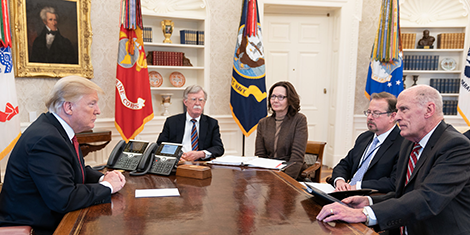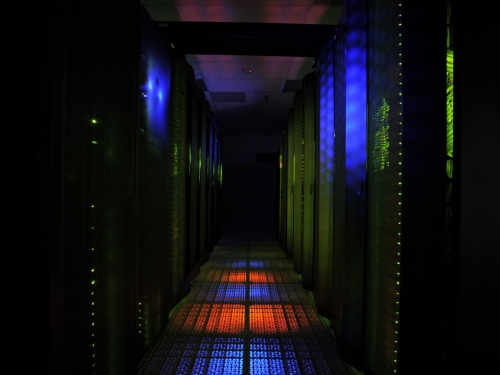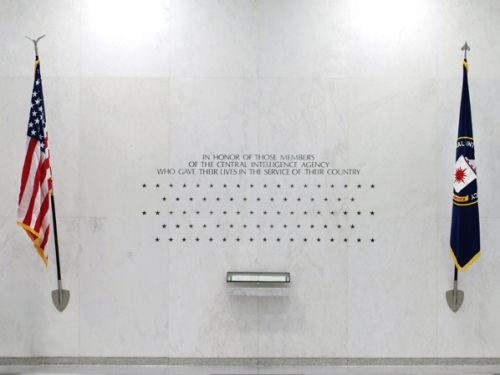
This article was originally published by the Finnish Institute of International Affairs (FIIA) on 13 August 2019.
Headlines are rife with stories about political turmoil in transatlantic relations, and bitter disputes over trade and defence spending. Yet for the US Intelligence Community, ties with transatlantic partners have remained insulated against political differences. History shows that intelligence relationships follow their own logic.




